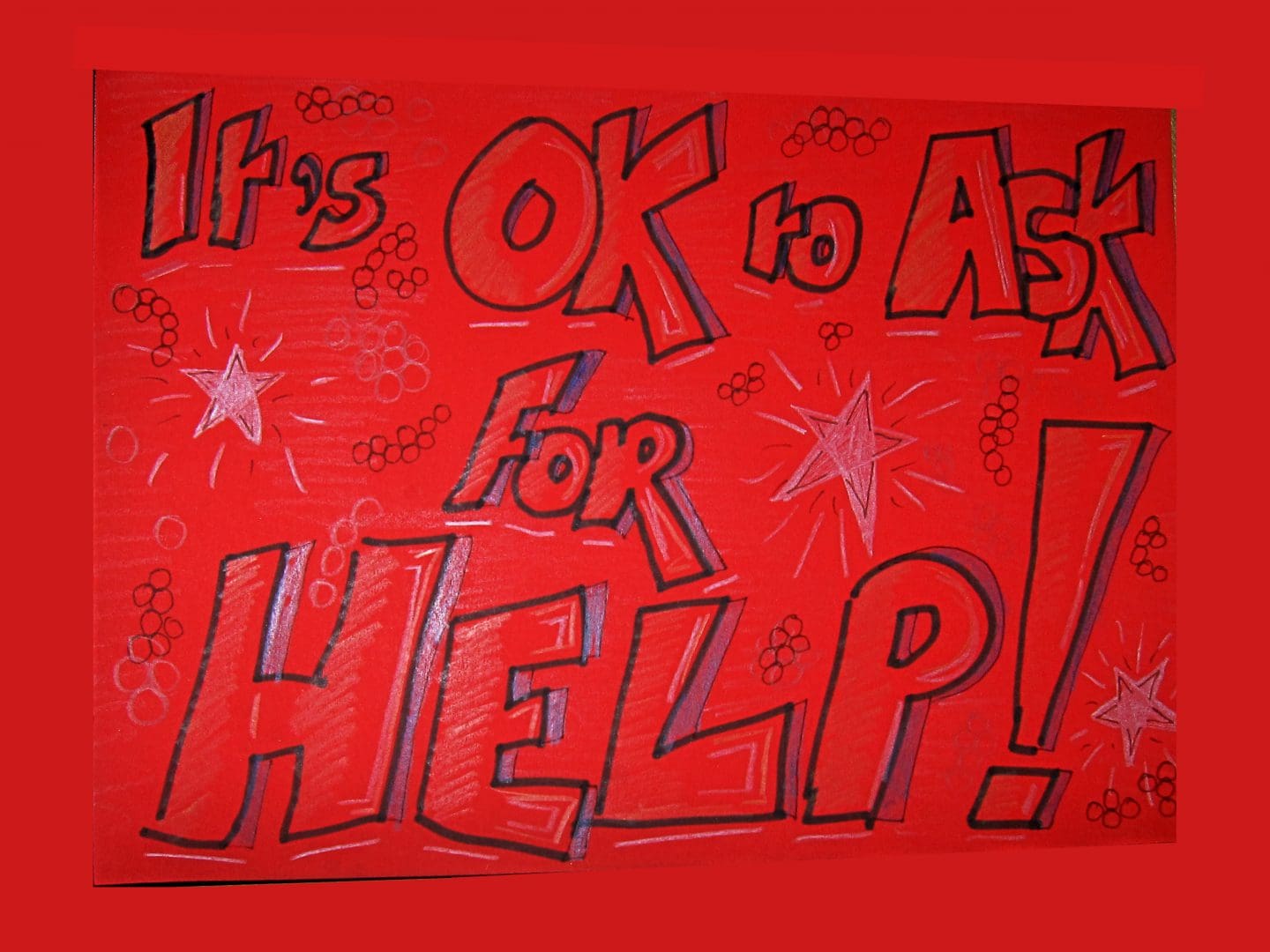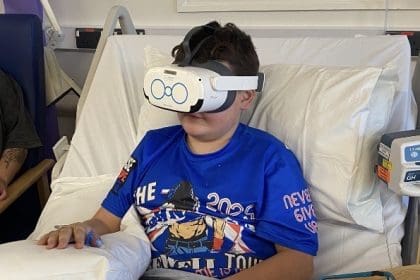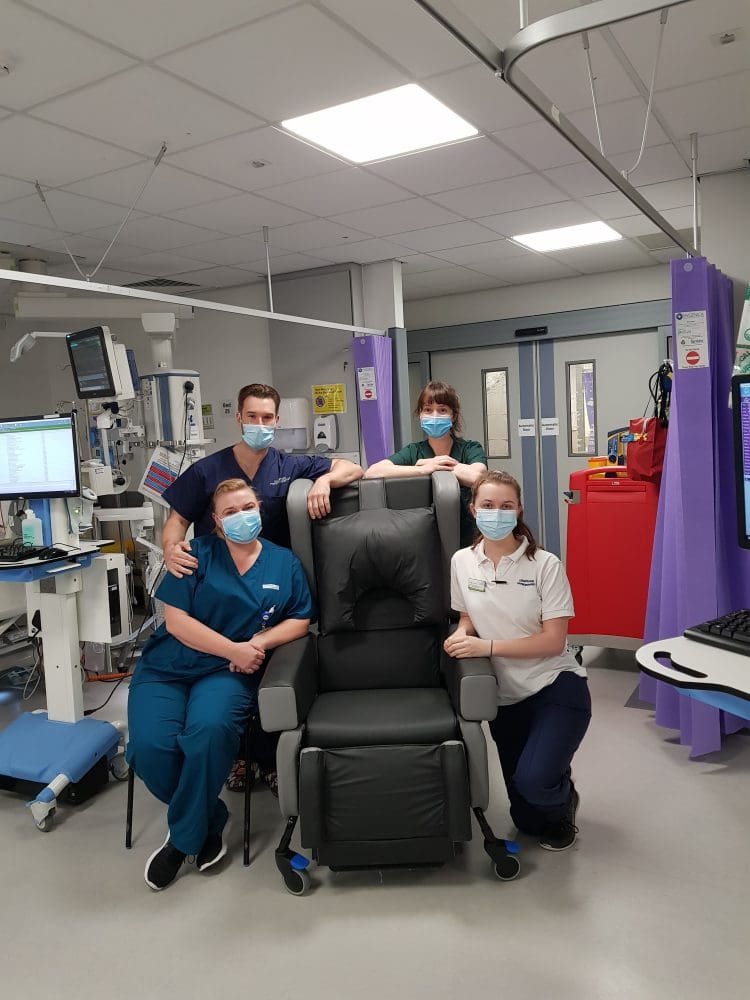
You may have heard in the news recently that children’s mental health in the UK is in crisis. At least one in ten children and young people has a diagnosable mental health issue, and many others are in need of extra support to ensure their wellbeing. With the demand for professional help rising, services are struggling to cope. MedEquip4Kids provides resources for Child and Adolescent Mental Health Services (CAMHS) that are no longer available from overstretched NHS funding. These resources include toys, books, games, and communication aids to help children express and understand their feelings.
Having these resources available can make a real difference to the treatment and care CAMHS can offer to children who have, or are at risk of, a mental health problem. As you can see from the case study below, support from MedEquip4Kids has already helped children who are struggling with their mental health.
Ben’s story

Ben* was ten when his beloved grandma died. Soon afterwards, he started worrying about his mum, who has health problems too. Ben was so anxious that she would die too that he wouldn’t leave her. He stopped attending school and became withdrawn and isolated. Eventually he was referred to his local CAMHS.
There staff used a board game and emotion cards provided by MedEquip4Kids to help Ben to identify his feelings and talk about his anxiety. Ben and his mum used workbooks to help him understand the impact of losing his grandma and to manage his anxiety. As a result, and with his mum’s support, Ben was able to cope with returning to school.
Throughout 2017 MedEquip4Kids will continue to fund these vital resources and support more children like Ben. In the coming months, we’ll be supporting services in Yorkshire, Lancashire, Liverpool, Manchester, Birmingham, Hampshire, Oxford, London, Scotland and Wales.
*We changed Ben’s name to protect his identity














